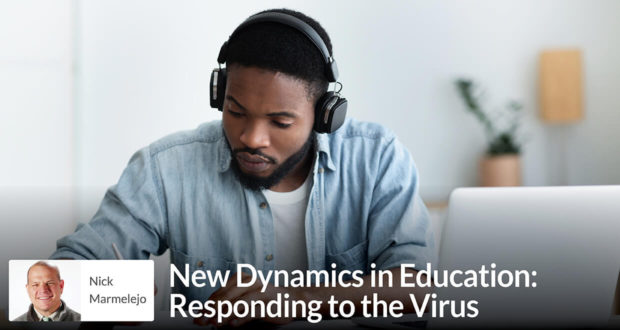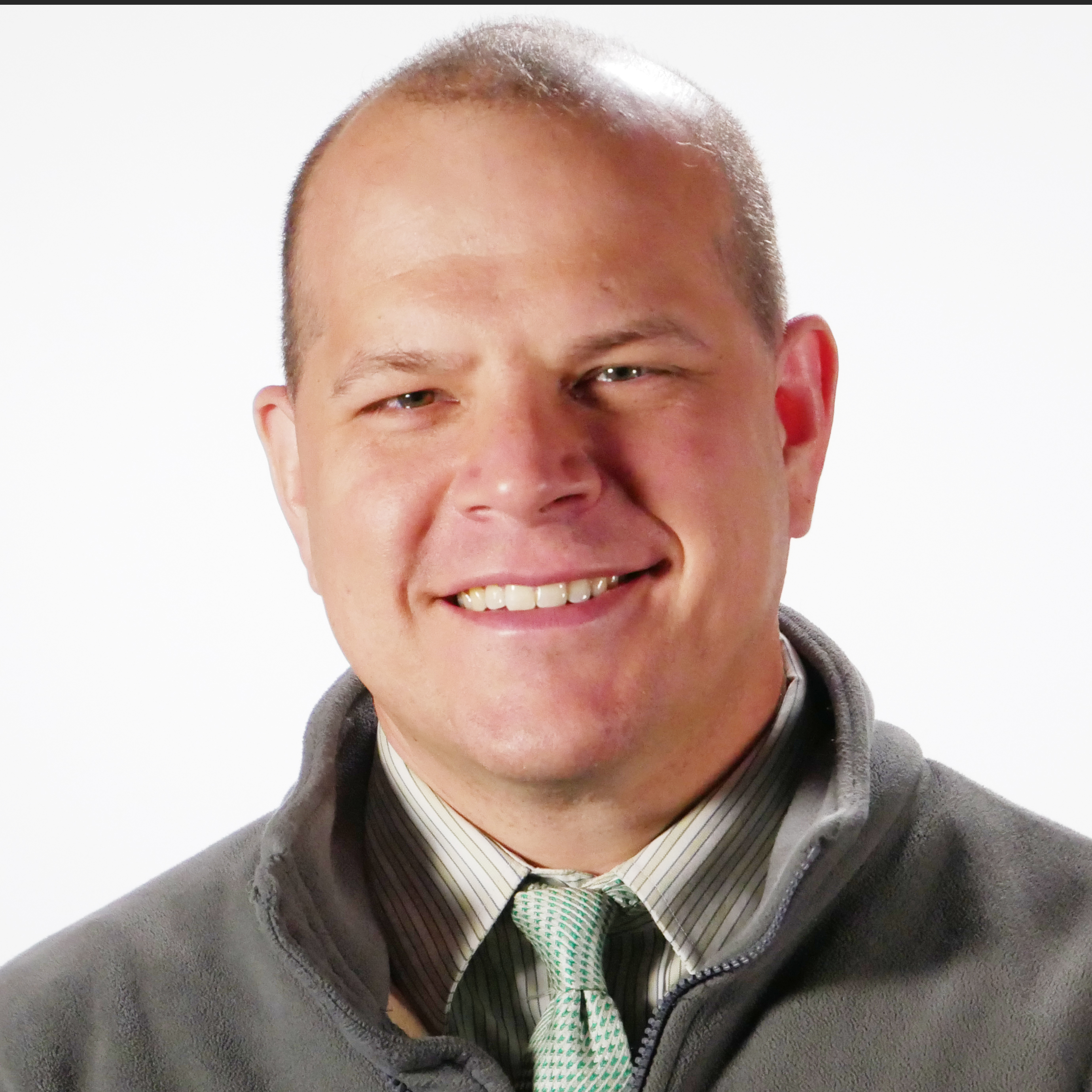Summary
Finding the best method for a child’s education in the age of COVID has given a definitive nod to the legitimacy of homeschooling and of learning at home.It would be a vast understatement to say that “the world has changed” since I last put pen to paper (or fingers to keys) for Seton Magazine.
While there are many opinions about the coronavirus, one thing is patently clear: the virus’s worldwide impact and its consequences are far-reaching and are only just now beginning to be more understood.
Traditional Education?
In education, we have a new normal and a series of completely new dynamics. Where does one even begin? For starters, the coronavirus has shattered the paradigm of the traditional brick and mortar school.
With the quarantine caused by the virus, thousands of teachers from grade school through university were suddenly forced to teach their students online. For many instructors, this closure has proven a serious hardship, bringing frustration and an adjustment in thinking. At best, this distance learning has allowed students to finish out their year, but the results, according to everyone with whom I have spoken, have been largely unsatisfactory.
Indeed, the assumption that teachers “can just go online” and “do class” does a major disservice to learning and the idea of education as a whole. Whether by paper, online video, or a combination of the two, distance education takes a great deal of forethought and planning. The dynamic of teaching at a distance is certainly not the same as that of a conventional classroom.
At Seton, we are keenly aware of this reality as we develop and evaluate our curriculum and use the new tools modern technology affords us. Curriculum development is not something one does off the cuff or throws together on the fly, particularly when technology is involved. Curriculum development is a combination of science and art, and balancing both demands a great investment in time, energy, and resources.
Homeschool Legitimacy
The sudden push to go online in education, however, has been a definitive nod to the legitimacy of homeschooling and the concept of learning at home. The fact that so many municipalities, districts, and schools instinctively defaulted to the paradigm of distance learning—even if it was not well-carried out—demonstrates that there is now a widespread recognition that learning does not always have to be done at the schoolhouse.
In Seton’s case, quarantine or no quarantine, homeschooling families are still able to receive the delivery of their education as initially planned. The stress of having to worry about whether students will actually finish and learn the remainder of their course’s content is a non-issue. Their educational schedule is already personalized and flexible enough to adapt to life’s curveballs.
Many students from brick and mortar schools were not so fortunate. A common approach by their teachers there was simply to give “reviews” of content already learned when times were normal.
They taught no new content in those scenarios, placing those students at a distinct disadvantage moving forward. As a result, many public and private schools have fallen short in meeting their students’ needs.
Given this lockdown, it is ironic that Harvard University law professor Elizabeth Bartholet published a paper this spring in the Arizona Law Review on the so-called risks of homeschooling.
“Homeschooling is a realm of near-absolute parental power,” she begins, one that “is inconsistent with important rights supposedly guaranteed to children under state constitutions and state legislatures throughout the land.” She calls for a general ban on the practice of homeschooling, declaring that lack of state oversight places most children at risk because parents are basically unfit and thus cannot be trusted to educate their children.
This level of arrogance relies on a great many assumptions, assumptions, I daresay, that is fundamentally at odds with the lived experience of most parents and individuals. The idea that the state will always have a greater interest in the child, a greater capacity to act on behalf of the child, and will always act on that child’s best interest is deeply flawed.
Especially in education, the state is not infallible. The state can fail children. In fact, state and federal efforts to improve education, such as by creating “Standards of Learning” and “Common
Core,” have effectively ruined the experience of classroom learning altogether at each grade level. Such attempts to create a universal standard in education have driven parents and students out of the public school system.
Contrary to the viewpoints of statists such as Bartholet, Seton Home Study School stands as “a city on a hill.” Seton and schools like it believe in a personalistic, God-centered approach to education. Parents opt to use Seton and homeschooling, in general, to give their children the best advantage to succeed in college and life. From the perspective of the Seton Guidance Office, this belief is well-founded.
Colleges and universities are extremely grateful to admit a Seton student to their fold, and the latest screed of a Harvard elitist on homeschooling far from captures the general sentiment of the entire academic community in higher education.
College Admissions
Of particular interest to Seton, students is how the virus has had a ripple effect in college admissions. Every college admissions process differs, and so, too, have the responses of schools to the challenge of COVID-19.
The short version is that colleges have become far more accommodating with the application process. Because an understandable concern exists that a new wave of the virus may hit universities in the fall, colleges have removed any potential roadblocks to enroll, such as by waiving fees and extending deadlines.
Some schools have gone to “test-optional” status, whereby one can enroll without having taken a standardized test such as the ACT or SAT. Indeed, another reason for going “test-optional” is that it has also become much more difficult to sit for these tests since social distancing guidelines have led to widespread test center cancellations.
So, even though the above steps might seem temporary, the long-term effects of how overall college admissions will change remain to be seen. One outcome may be that schools permanently ditch the idea of the SAT or ACT in lieu of other assessment criteria. Another may be that better assessments appear to qualify students for college. It is even conceivable that college costs may begin to go down—rather than up—to attract students and keep them from sitting out a semester or two.
At Seton, we will continue in our role to support you in your efforts to educate your children at home and brave the virus and life’s other vicissitudes.
If you have questions or concerns about the future with respect to your child’s education, please do not hesitate to reach out to the counseling and guidance departments.

 Seton Magazine Catholic Homeschool Articles, Advice & Resources
Seton Magazine Catholic Homeschool Articles, Advice & Resources

